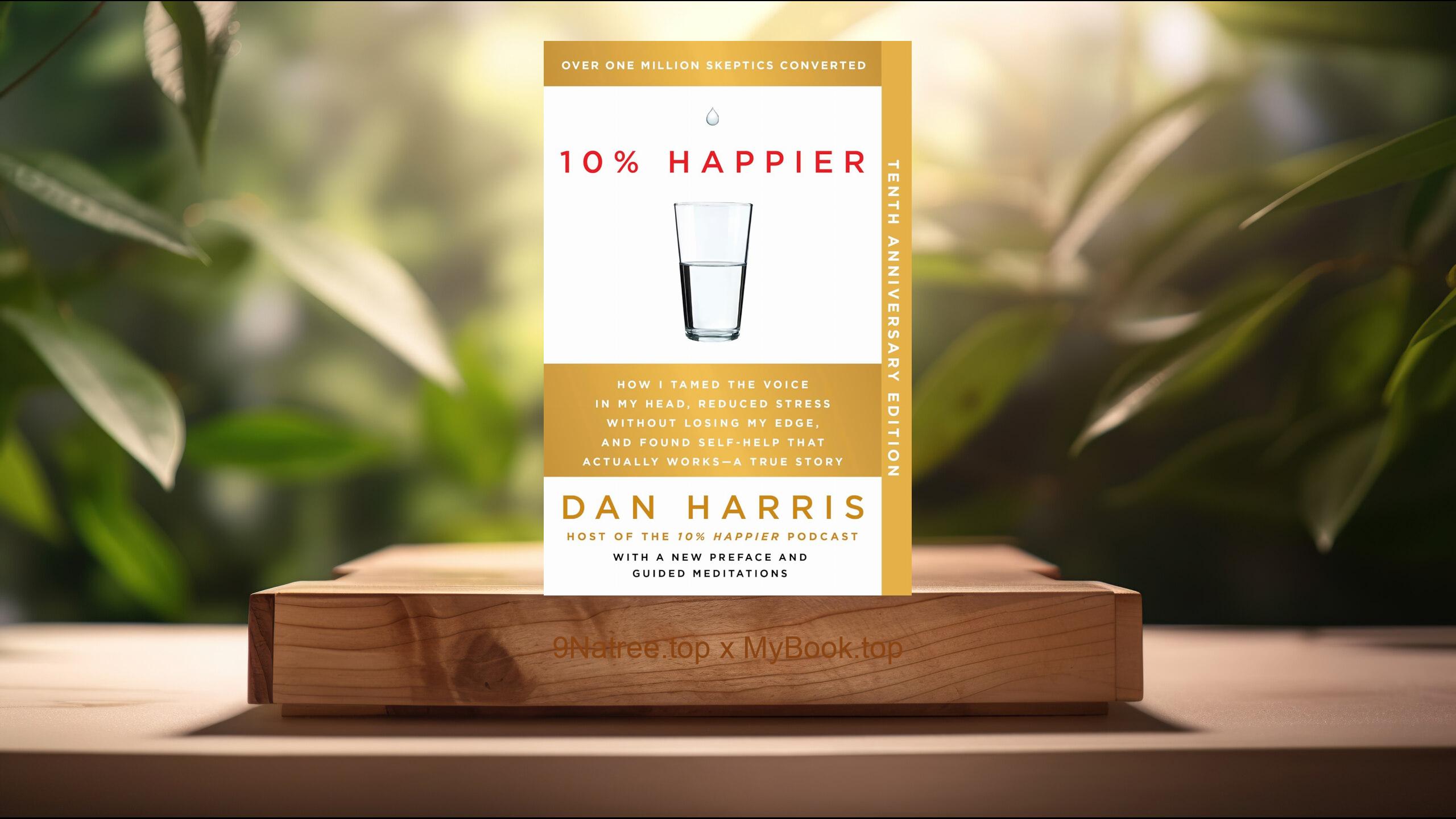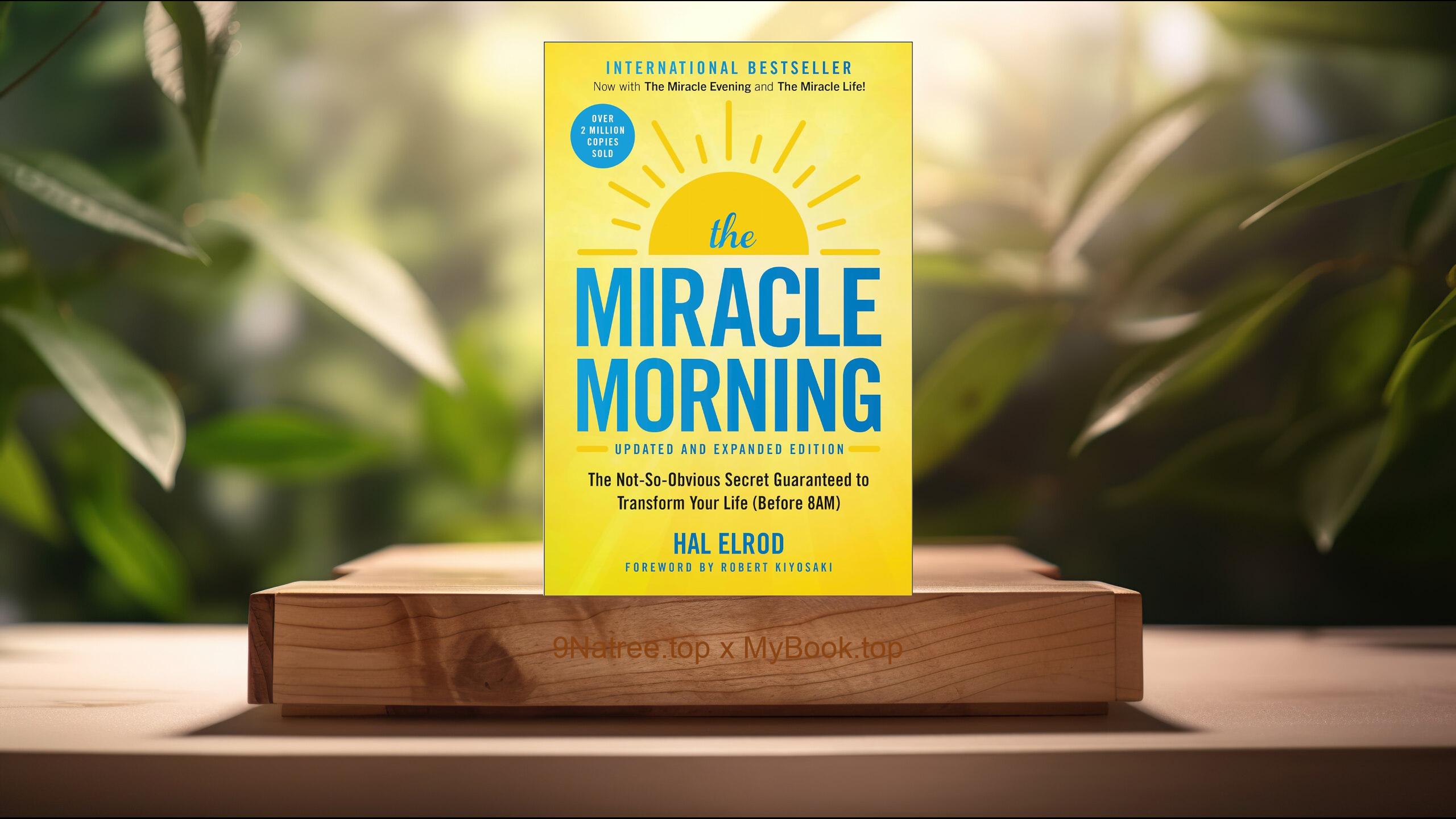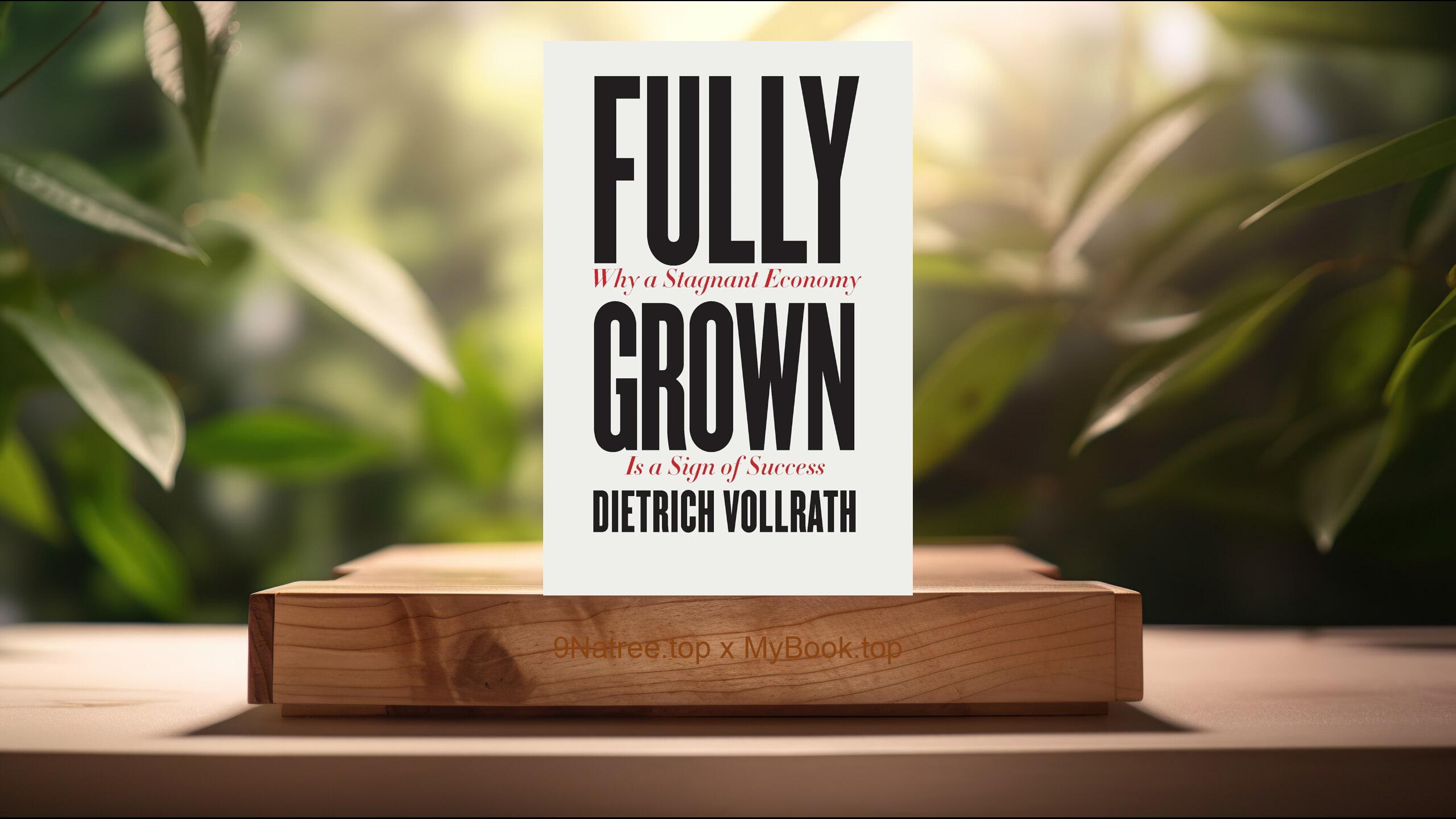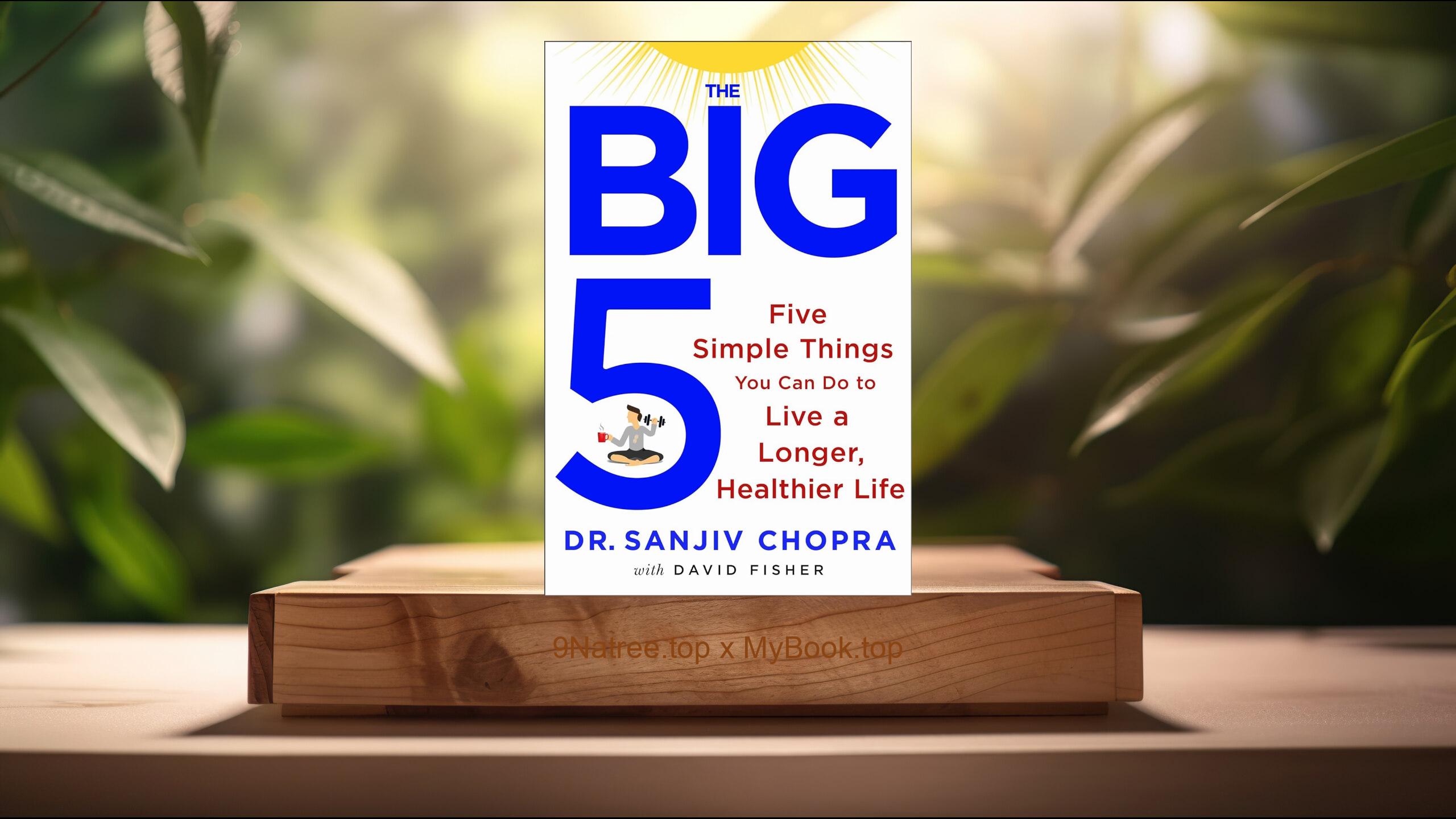Show Notes
Buy on Amazon: https://www.amazon.com/dp/B07MTBJKBM?tag=9natree-20
Read more: https://mybook.top/read/B07MTBJKBM/
#MindfulParenting #ReactiveParenting #EmotionalIntelligence #ParentChildConnection #FamilyHarmony #ChildhoodResilience #CompassionateDiscipline #ParentingStrategies
These are takeaways from this book.
Firstly, The Impact of Mindfulness in Parenting, Mindfulness is at the heart of 'Raising Good Humans', shaping its core message and practical applications. Clarke-Fields emphasizes how mindfulness, the practice of being present and engaged in the moment without judgment, can significantly alter the parenting landscape. By incorporating mindfulness techniques, parents can learn to regulate their emotions, respond thoughtfully to their children's needs, and cultivate a calm home environment. Techniques such as meditation, mindful breathing, and pause practices are discussed, offering parents accessible ways to develop patience and understanding. This chapter explores the transformative power of mindfulness in breaking cycles of reactive behavior, thereby enabling parents to connect more deeply with their children and guide them with kindness and empathy.
Secondly, Breaking the Cycle of Reactive Parenting, 'Raising Good Humans' tackles the common but often challenging issue of reactive parenting head-on. Clarke-Fields outlines the various ways in which stress, fatigue, and personal histories can lead parents to react impulsively or negatively to their children's behavior. Through compelling research and personal anecdotes, the book illustrates how these patterns of reaction can be interrupted and reformed. By focusing on understanding the roots of reactive responses and employing mindfulness techniques, parents are taught to recognize triggers and pause before responding. This section delves into the importance of self-awareness and self-care in breaking the cycle of reactivity, ultimately leading to more thoughtful and constructive interactions with children.
Thirdly, Fostering Kindness and Empathy, One of the central tenets of 'Raising Good Humans' is the cultivation of kindness and empathy, both towards oneself and others. Clarke-Fields argues that for children to grow into compassionate adults, they must first witness and experience these qualities at home. The book provides practical advice on how to model kindness through daily interactions and how to teach children to empathize with others. This involves active listening, validation of feelings, and encouraging children to consider the perspectives of others. This chapter offers insight into the developmental benefits of empathy, including stronger relationships, better conflict resolution skills, and increased emotional intelligence.
Fourthly, Building Confidence and Resilience, Confidence and resilience are key qualities that 'Raising Good Humans' seeks to instill in children through mindful parenting practices. Clarke-Fields discusses the importance of allowing children to experience failure and navigate challenges on their own, providing support without overprotecting. This approach helps children develop a sense of competence and self-efficacy. The book provides strategies for praising effort rather than outcome, setting realistic expectations, and maintaining a positive, encouraging dialogue. This section highlights the role of resilience in overcoming obstacles, fostering a growth mindset, and preparing children for the complexities of life.
Lastly, Creating a Harmonious Family Environment, The ultimate goal of 'Raising Good Humans' is to help parents create a family environment where everyone feels valued, understood, and connected. Clarke-Fields offers guidance on establishing healthy communication practices, setting clear and consistent boundaries, and engaging in shared family activities that promote togetherness. This chapter stresses the importance of conflict resolution skills, active listening, and empathy in maintaining peaceful relationships within the family. By adopting the principles of mindful parenting, families can experience a deeper sense of harmony and mutual respect, laying the foundation for a supportive and loving home life.
In conclusion, Raising Good Humans by Hunter Clarke-Fields is an indispensable resource for parents seeking to navigate the complexities of modern parenting with mindfulness and compassion. Its insightful blend of practical advice and emotional intelligence makes it a must-read for anyone looking to break the cycle of reactive parenting and cultivate kindness, confidence, and resilience in their children. Whether you are a new parent or well into your parenting journey, this book offers a pathway to a more harmonious and connected family life. By implementing the strategies outlined in 'Raising Good Humans', parents can not only improve their own well-being but also significantly impact their children's development and happiness. It is a guide that benefits the whole family, making it a valuable addition to any parent's toolkit.
![[Review] Raising Good Humans (Hunter Clarke-Fields MSAE) Summarized](https://episodes.castos.com/660078c6833215-59505987/images/1709295/c1a-085k3-1xgnz504s6qo-snrioi.jpg)




